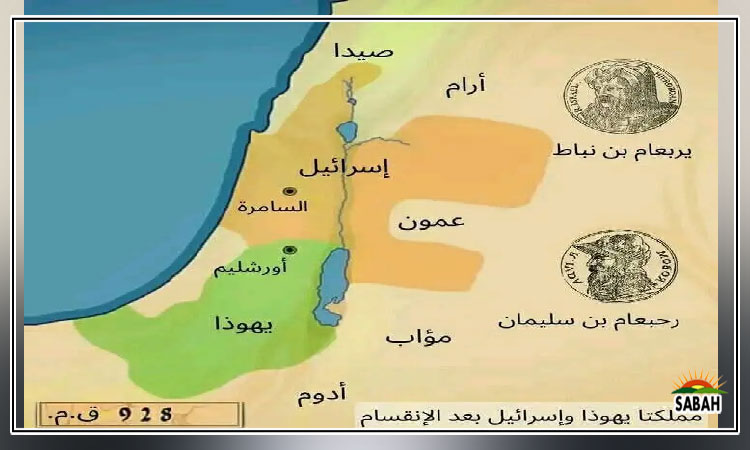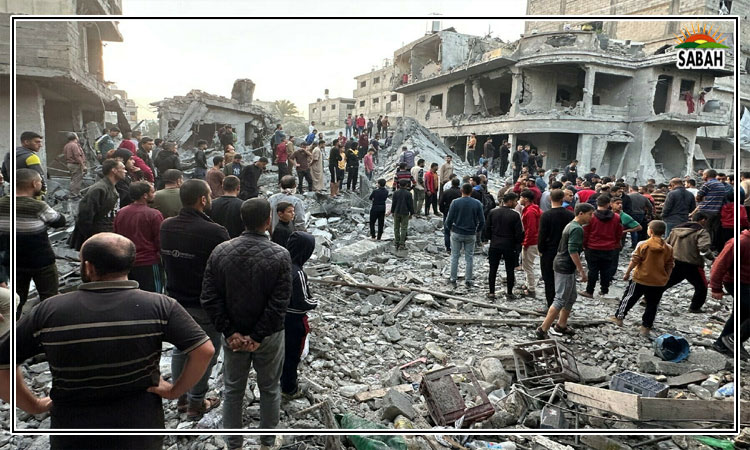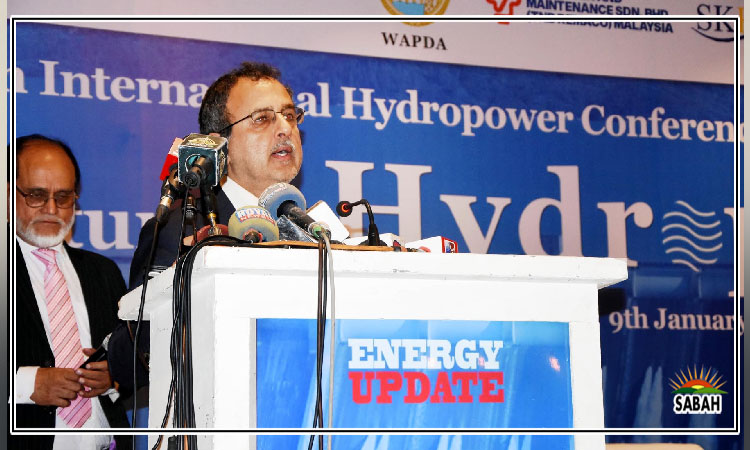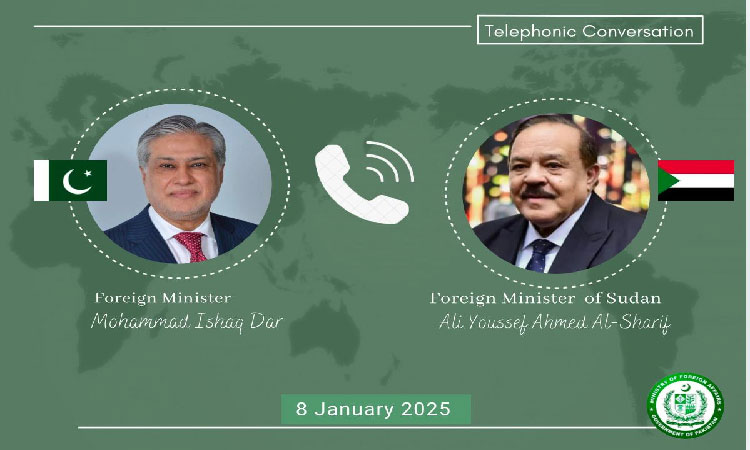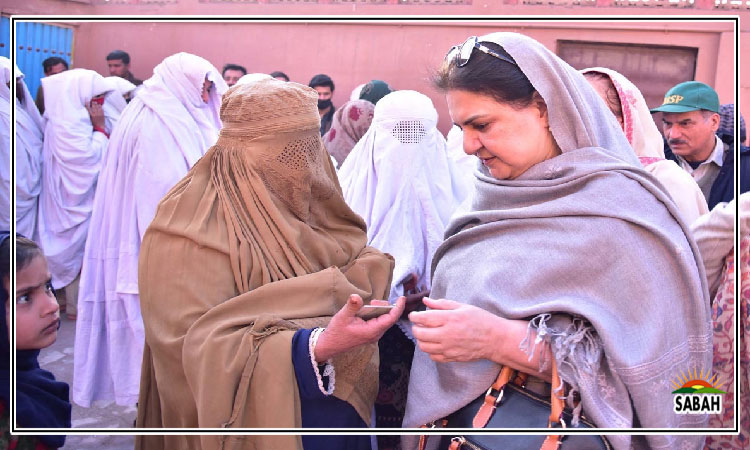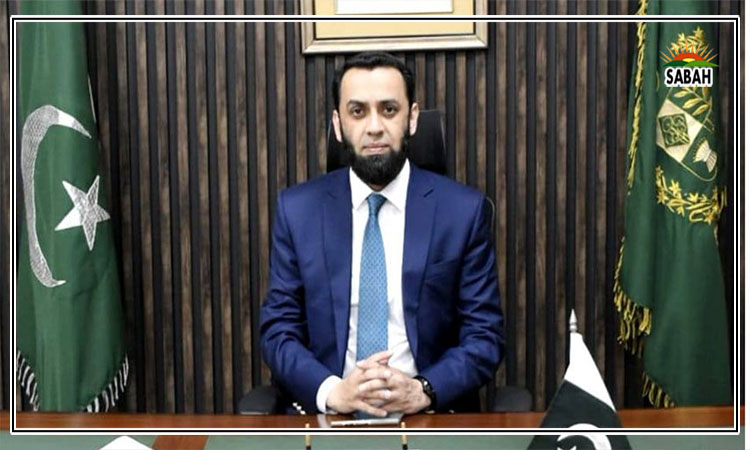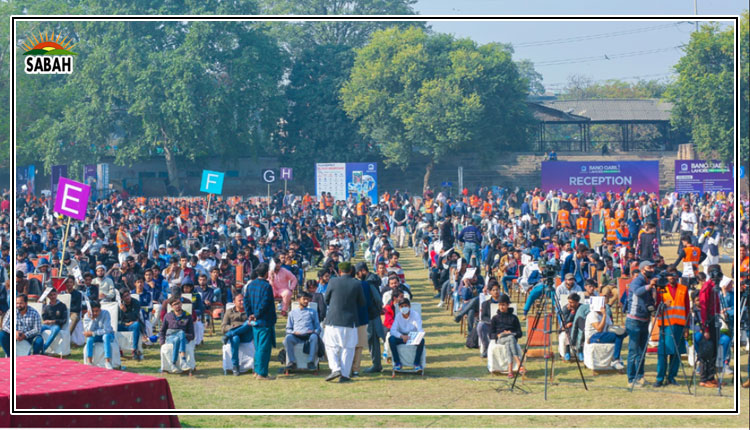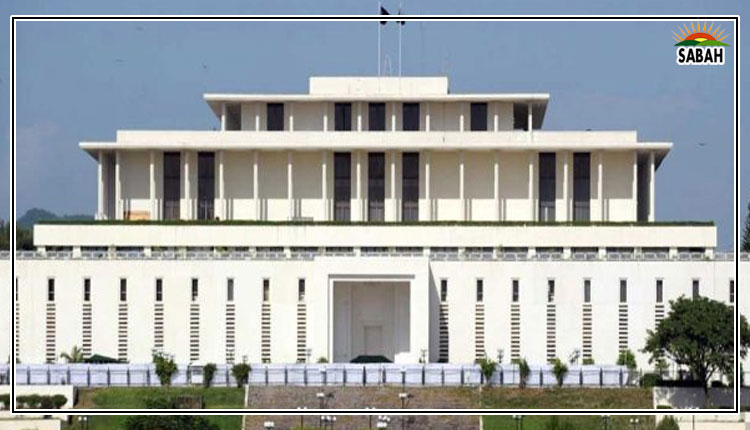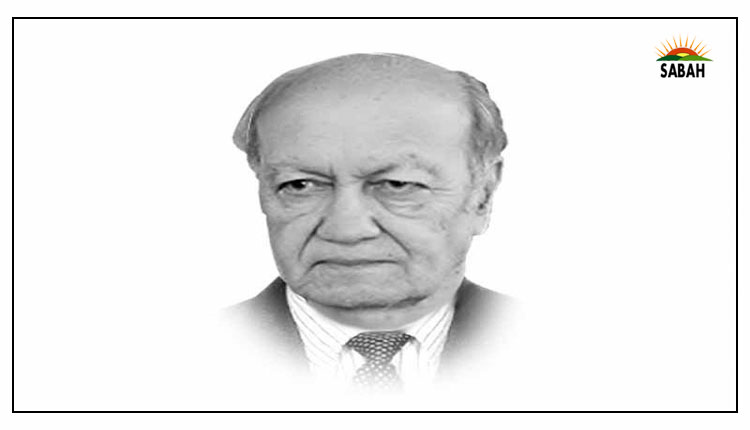Changing the political culture…Talat Masood
The highly confrontational and unbecoming conduct of political parties across the political spectrum should be a matter of serious concern for all those who have any sensitivity toward the well-being of this country. The decay is not confined in politics alone, it covers every major institution and its elites. Are we even conscious of it and giving serious thought as to how and why we all have sunk so low? By our deeds and conduct we are defeating the very concept of Pakistan. Jinnah visualised a separate homeland for majority Muslim areas of pre-partition India that would enable Muslims to live a life of dignity and adopt values and beliefs that are compatible with Islamic and universal values. And in this environment, they would have an opportunity of maximising their potential for personal and common good of the nation and keep them united.
The reality, however, is just the opposite. Real concern is that due to waywardness of our leaders the country has largely lost its soul, direction and ability for self-correction. And there is hardly any consciousness among them as to how fast is the decline. Meanwhile, the world is not standing still. On the contrary it is moving at an exponential pace with the help of technology and major advancements in science. Countries of South Asia, especially India, is aiming at being the fourth largest economy in the near future. Bangladesh too has improved its economy and taken effective measures to reduce its population growth. While we have not been able to keep pace with the standards of South Asian countries and remain deeply mired in aimless and self-defeating activities. In these circumstances the primary task before the leadership at every level should be to arrest this decline and work toward creating a peaceful and enabling environment for the present and future generations. As a first move, the political parties should bring normality in their functioning as is expected in a democratic environment. Parliament and not streets or media should be the focal institution for addressing national issues and resolving differences. Speeches and demonstrations full of hate and rancor are self-defeating and great disservice to the people. Maulana Fazal-ur-Rehmans move to demonstrate his street power by assembling thousands in front of the judiciary and parliament may satisfy his ego but would only serve to further destabilise the country and add to the woes of the people. By creating an environment of hostility and pitching institutions against each other they are creating chaos and hurting the already soiled image of the country. This has consequences for the economy as who would invest in these conditions. With poverty rapidly rising and hunger and desperation taking hold we are indeed sowing the seeds of revolution as sane voices are warning. It is not difficult to imagine how ill-wishers of our country would be gloating.
In the past when politics got out of control, the judiciary and army leadership would intervene directly or subtly to inject sanity. We have even crossed that stage when this is unlikely to work as objective conditions have undergone a qualitative change. In any case that too was not the best course. The central question is what options are now to steer the country toward stability. Complying with the dictates of the Constitution and giving a firm date of provincial and national elections is clearly the best way of easing the crisis. It will engage the political parties with the problems of their constituency and addressing grievances and expectations of the electorate. The present state of uncertainty and a weak government in power is dragging the country down. Dealing with IMF and other international agencies also becomes difficult as they are uncertain of future course of events.
Apart from the immediate issues, parliament has to take measures to place the country on a steady, stable path. This is the greatest challenge otherwise we would be facing one crisis after another. But is the PM holding cabinet meetings regularly and are the ministers in a position to render valuable inputs or most of them have been appointed merely as a reward for their support for the government to stay in power.
We need to address certain fundamental questions and find an answer to these. Why are we, as a nation, in a constant state of turmoil and an unending crisis? Clearly, it is leadership inadequacies, weak democracy, institutional capture, inadequate education of the masses and tough neighborhood and a combination of all of these and many other failings. A major shortcoming is that these issues are not seriously addressed in the cabinet or in the parliament. More significantly for long-term stability, institutions should operate within their constitutional boundaries. Flouting of this basic tenant of democracy has cost the nation heavily. On the top of this internal disorder is pulling the nation down. It will make a qualitative difference if normal democratic practices are followed.
These changes along with promoting policies conducive to improve environment for business and investment can gradually transform the lives of its people. Pakistan problems have to be tackled by injecting rigorous policies as if it is a dysfunctional corporation or entity where nothing works. To implement this, the government will have to accord high priority to talent and make use of them both within and outside the government. Presently, talent is seldom recognised or given the priority it deserves. Nor have our present leaders developed firm views on how to steer the country in the long term toward stability and economic well-being. To expect any visionary views about the country from them is beyond their capacities. They are mostly engaged in the struggle for survival. Change for the better would be possible if there is a stable government that has the support of its people.
The country cannot remain mired indefinitely in petty squabbles of leaders while institutions trespass each others domain. We hope these contradictions will be overcome since it affects every segment of the society.
Courtesy The Express Tribune



